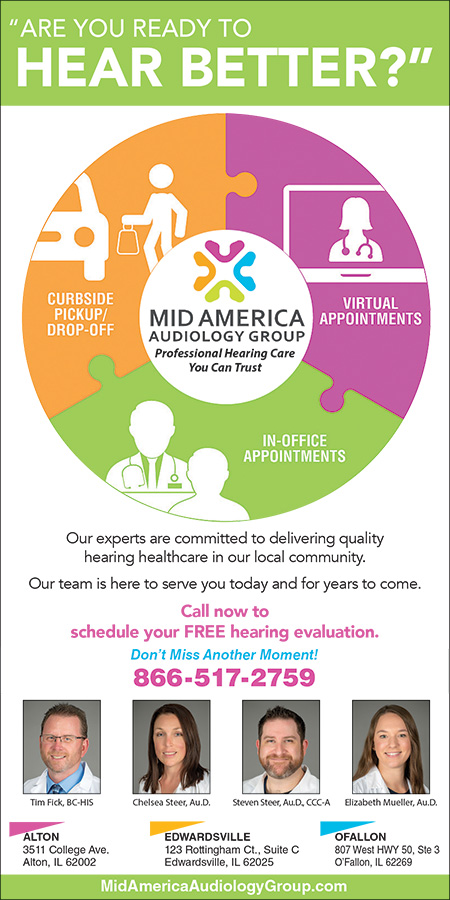Is drinking killing your brain function?

We all joke about having “killed a lot of brain cells” over the weekend, but truth is, we probably did to some extent.
Difficulty walking, blurred vision, slurred speech, slowed reaction times, impaired memory – clearly, alcohol affects the brain. Some of these impairments are detectable after only one or two drinks and quickly resolve when drinking stops. On the other hand, a person who drinks heavily over a long period of time may have brain deficits that persist well after he or she is sober.
Exactly how alcohol affects the brain and the likelihood of reversing the impact of heavy drinking on the brain remain hot topics in alcohol research today.
Generally, drinking is classified as moderate, heavy or binge:
- Moderate drinking is typically defined as one drink a day for females and one or two drinks a day for males.
- Heavy drinking is typically defined as more than three drinks on any day or more than eight drinks a week for females. For males, it’s more than four drinks on any day or more than 15 drinks a week.
- Binge drinking is typically defined as four drinks within two hours for females and five drinks within two hours for males.
BLACKOUTS
Drinkers who experience blackouts typically drink too much and too quickly, which causes their blood alcohol levels to rise very rapidly. College students may be at particular risk for experiencing a blackout, as an alarming number of college students engage in binge drinking.
Alcohol is a neurotoxin that can affect your brain cells directly and indirectly. It enters your bloodstream immediately and reaches your brain within five minutes of drinking it.
And it typically takes only 10 minutes to start feeling some of the effects.
Its first big effect is triggering the release of endorphins. These feel-good hormones are the reason light-to-moderate drinkers feel more relaxed, sociable and happy when drinking.
Heavy or binge drinking, on the other hand, can also interfere with your brain’s communication pathways and affect how your brain processes information.
Even though alcohol doesn’t actually kill brain cells, it can negatively impact them long-term. For starters, too much alcohol can interfere with neurogenesis, which is your body’s ability to make new brain cells.
BRAIN CELLS
Most people realize that heavy, long-term drinking also can damage the liver, the organ chiefly responsible for breaking down alcohol into harmless byproducts and clearing it from the body. But people may not be aware that prolonged liver dysfunction, such as liver cirrhosis resulting from excessive alcohol consumption, can harm the brain, leading to a serious and potentially fatal brain disorder known as hepatic encephalopathy.
While the long-term effects of alcohol on the brain can be quite serious, most of the damage is reversible is you stop drinking. Even brain atrophy can start to reverse after a few weeks of avoiding alcohol.



Leave a Reply